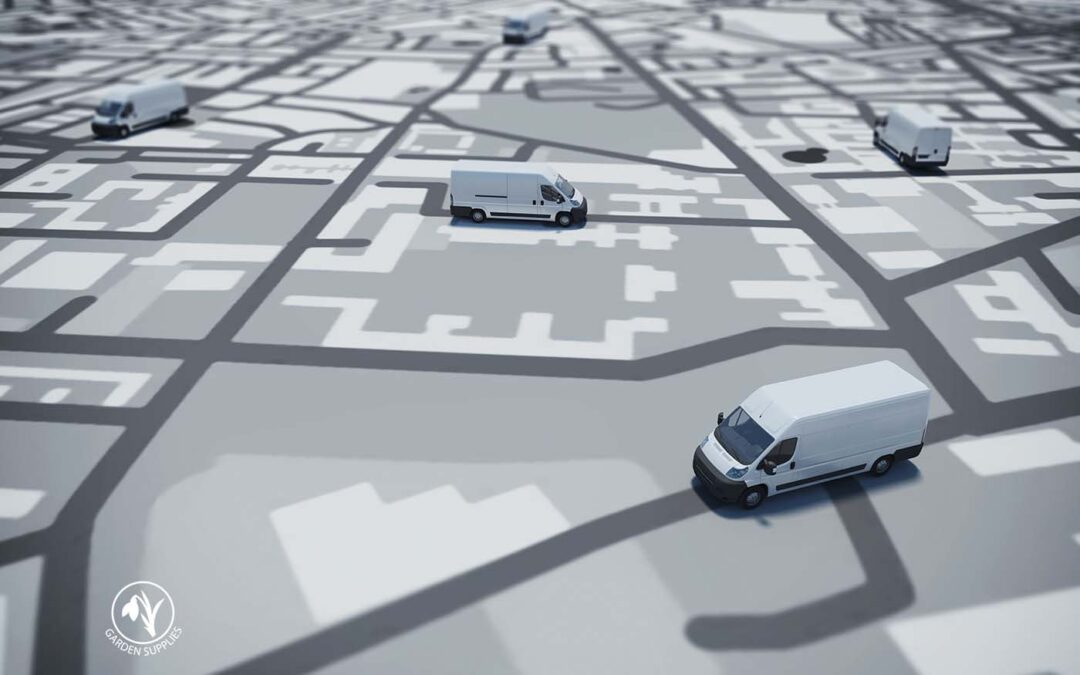Loose delivery refers to any type of cargo that does not require packaging, or cargo that has certain dimensions which do not allow for the use of containers. Most of this loose cargo is transported by flat bed trailers or specialised trailers on land. Loose deliveries such as these can be mistaken for other types of less-than-container load (sometimes known as LCL) cargoes. The difference here is that these LCLs are typically encased and placed on different types of pallets and shipped through the use of plastic containers, whereas loose deliveries are loaded up for transport without the use of these containers.
Why does it matter?
Now that we understand how loose delivery works, it’s worth exploring a little bit about how plastic packaging can be potentially harmful to the environment and how loose delivery systems avoid these issues. While the introduction of plastic into our societies was originally viewed as a stunning breakthrough for the material, since it was easily versatile, durable, and mass-produced, in more recent years it has come to the attention of many that plastic has environmentally damaging effects on a much wider scale than previously imagined.
The primary issues with plastic include the following:
- It takes up to 1000 years for it to degrade by natural processes.
- Production of plastic releases excessive quantities of carbon dioxide into the atmosphere.
- Plastic tends to end up in our oceans, rivers, and lakes, or littering the streets, causing a build-up of environmentally harmful material in our natural world.
- Plastic not only causes mass pollution, but kills many forms of wildlife, while using up valuable energy and resources through environmental mitigation.
What are we doing to help?
Because of this, Garden Supplies have committed to loose deliveries wherever possible. Together we want to substantially reduce our impact on the environment by reducing overall use of plastics. If you want to find out more about us and why we do what we do, click here.

